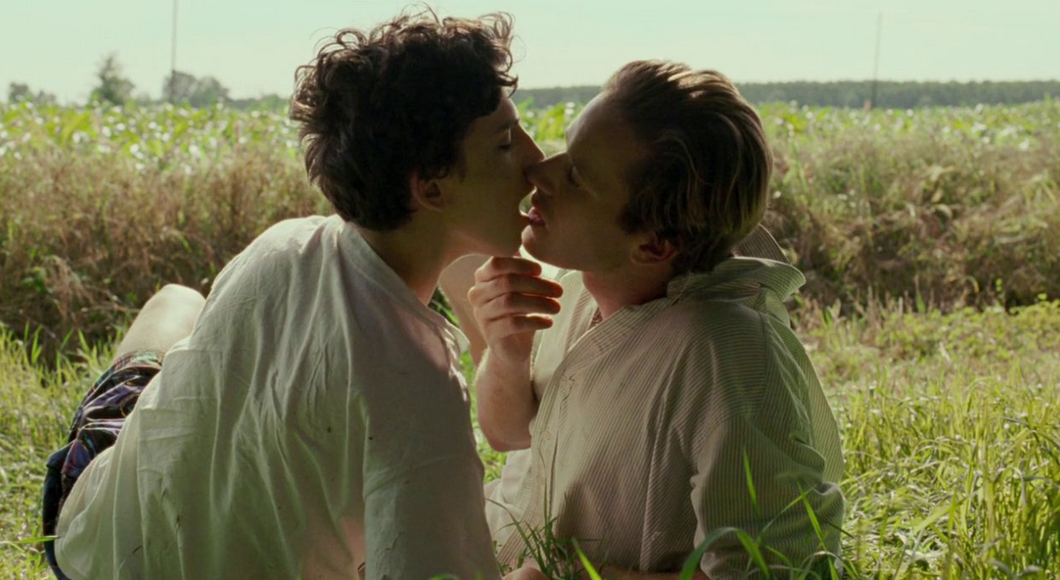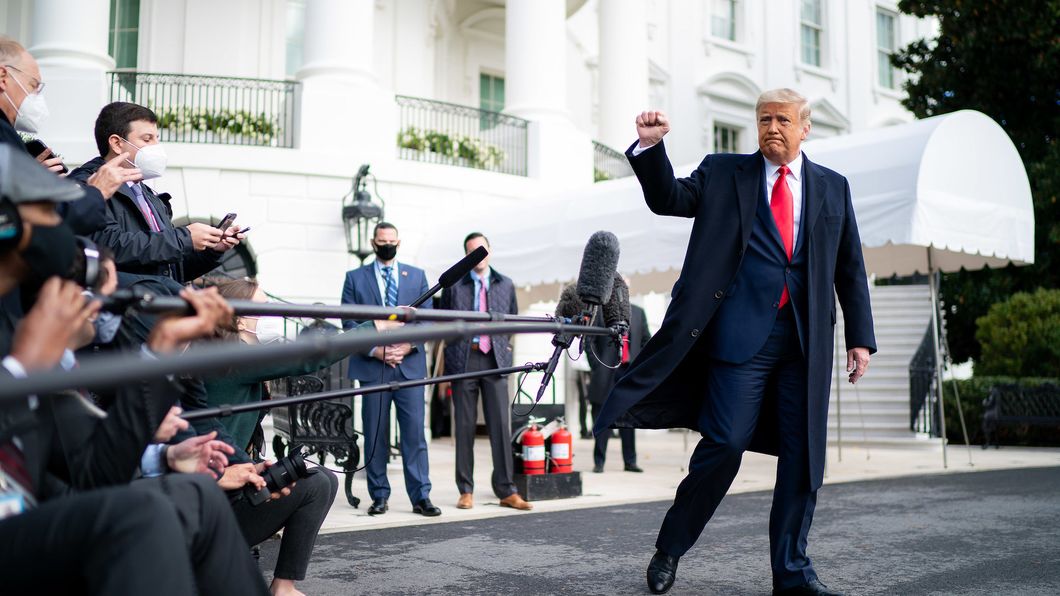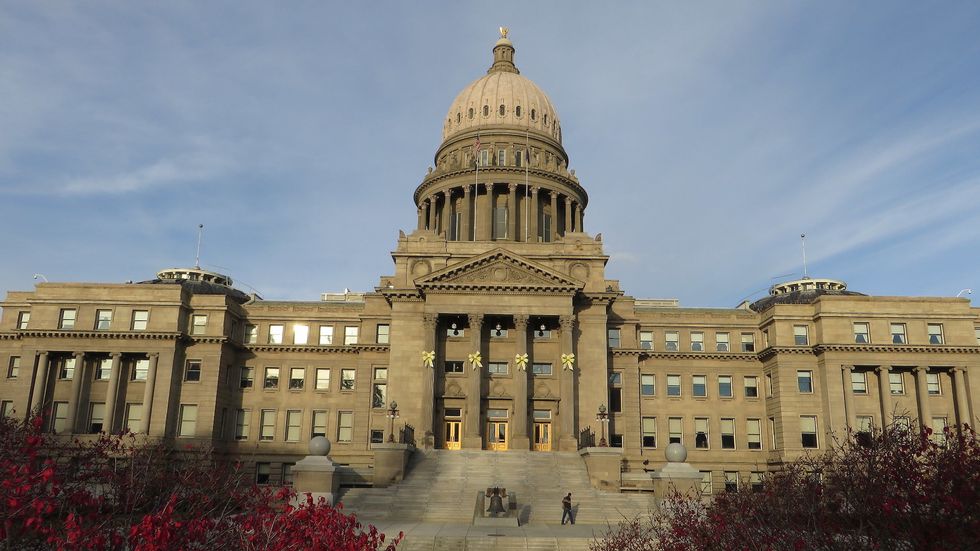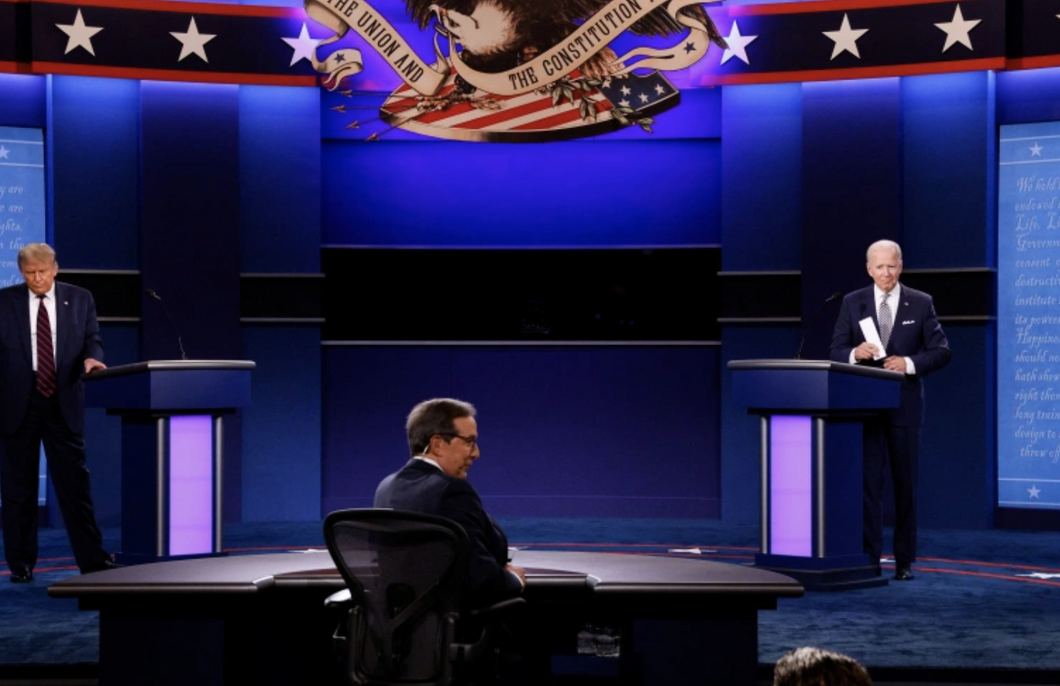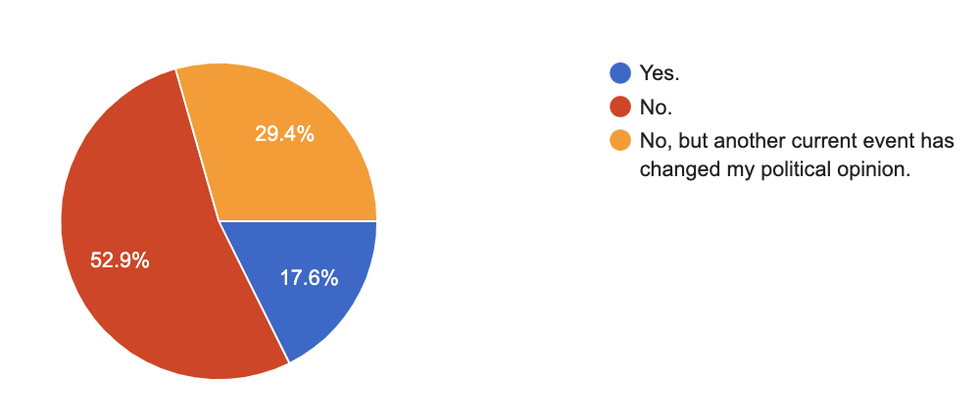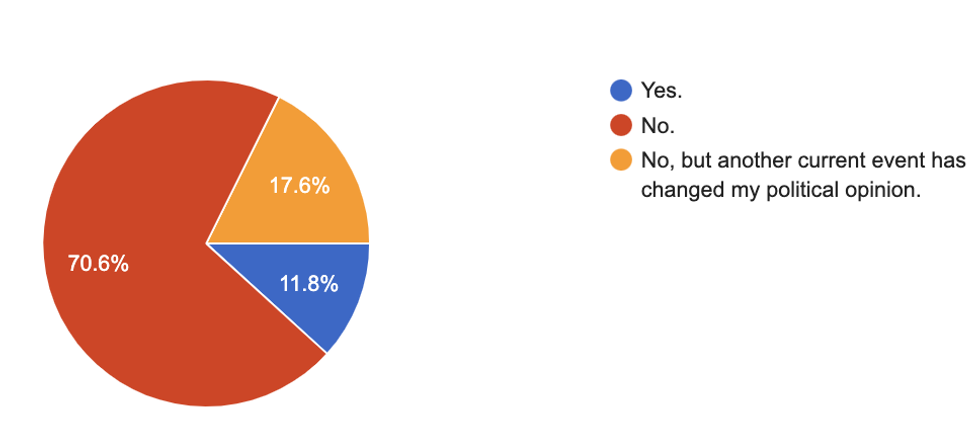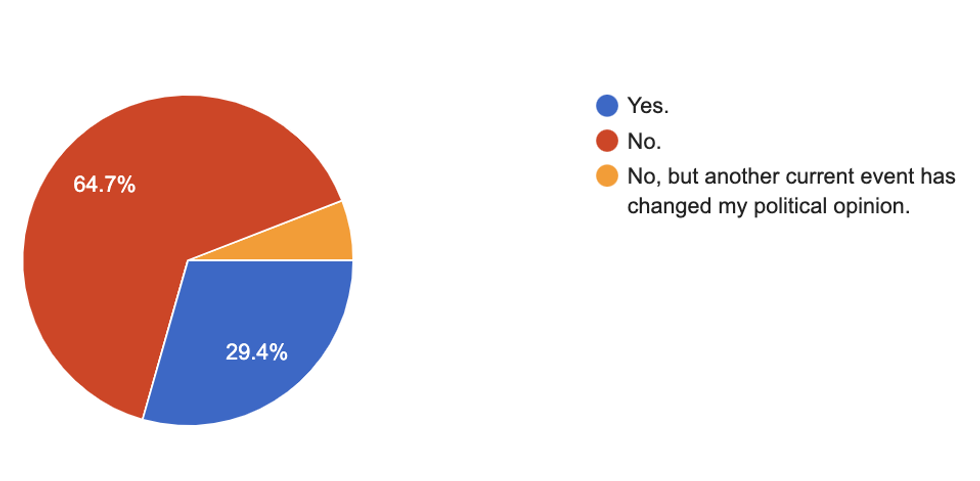The "Call Me By Your Name" Age Gap Controversy Is Rooted In Homophobia
The Oscar-winning film "Call Me By Your Name" has garnered controversy that has spread to the most unlikely of places.
I was browsing the DVDs at Barnes and Noble last month and noticed they had a Pride display. The display featured a bunch of LGBTQ-themed films. Among them were "But I'm a Cheerleader," "Moonlight," "Brokeback Mountain," and "Call Me By Your Name." The latter of which I obviously knew about and wanted to see, but never did. I was aware this was not only a love story, but a sad one.
I was aware that (spoiler alert) they don't end up together in the end. I also heard lots of people rave about how the film does a good job at transporting you into their world. Not being in the mood to have my heart broken by a fictional story, I kept putting it off. It took me a good six years to finally give in, buy the DVD, and watch this Oscar-winning film, but I'm awfully glad I did.
All the praise this film received is deserved and accurate. The scenery, the pacing, the realness is all outstanding. The film gives the audience more credit than one would expect and doesn't feel the need to hit them over the head. Every moment is presented as it happens and it's up to the viewer to interpret the characters' feelings.
To get a deeper look at Elio's perspective, I highly recommend reading the book (or listening to the audiobook, read by Armie Hammer). You truly get a sense of how deep and strong Elio's feelings for Oliver were from the very beginning. Most of the scenes in the book play out almost line for line in the film. Reading the book is like watching the film again, except you're inside the mind of one of the characters.
However, while Luca Guadagnino's film adaptation of André Aciman's novel received praise and Oscar attention, there was controversy attached to it as well. Many people began to question the age gap of the couple, with Elio being 17 and Oliver being 24. This particular controversy was started by conservative homophobic people. It was famously fueled by conservative actor James Woods, who cosigned a critical tweet by conservative gay author Chad Felix Green.
Unfortunately, this kind of thinking also spread its way into otherwise well-intended liberal spaces. "Queer Eye" star Karamo Brown called the film "problematic" said he felt the movie glorified "predatory behavior."
Now, Armie Hammer was 31 at the time of filming and certainly looks a lot older than 24. There's also the feeling that a 17-year-old and 24-year-old would most likely be at two completely different stages in their lives and maturity levels. I can understand that.
However, both characters are very young, with Oliver barely reaching his mid-twenties. Add on top of that the reality that not only is 17 considered legal consent age in Italy, but some states in America. By the logic of these pearl-clutchers, if Elio was just a few months older, it would no longer be considered predatory.
Give me a break. Elio isn't a child. He's a young man.
In the film, Elio's maturity level and his family's open attitude toward sex is made clear. Not only does Elio confidently boast to both his dad and Oliver that he almost lost his virginity to his girlfriend, but his father asks, "Why didn't you?" Elio's mother even suggests that he accompany Oliver on his trip to Bergamo, so the two of them can be alone. It should be noted that the film makes it clear that she is aware of their mutual feelings for each other.
Some have even claimed Oliver grooms Elio and compared it to the 1955 novel-turned-film "Lolita."
Such comparisons make absolutely no sense. In "Lolita," a 12-year-old girl named Dolores is sexually abused by a middle-aged man named Humbert. He marries Dolores's mother only to be close to the young girl. After the mother dies, he begins molesting Dolores.
Humbert considers raping Dolores by tricking her into taking a sedative. He bribes her in exchange for sexual favors. He becomes controlling and forbids her to date or attend parties. Dolores even attempts to escape from Humbert and eventually succeeds.
The dynamic between Elio and Oliver couldn't be more different. This isn't a grown man abusing an underdeveloped child. These are two young men who give in to their mutual attraction to each other. They're legal consenting adults. Nobody is being coerced. Nobody is being controlled. And nobody is trying to escape.
The people who make such claims either don't know what grooming is, haven't read "Lolita," just want something to be upset about, or perhaps some combination of all three.
Karamo Brown isn't the only LGBTQ+ person or ally to make this argument. There are plenty of misinformed people who think they're taking some progressive stand against "predatory behavior."
Well, I've got some news for those people. All they're doing is fueling a very old and still prevalent homophobic trope.
The trope being that gay men are perverted creeps who prey on underage boys. This trope doesn't always include underage boys. Sometimes we're accused of sexually manipulating straight men.
There's a famous, some might say infamous, viral video on YouTube. The video is a so-called "educational" video from the 1950s which warns young boys about "homosexuals." What the video is actually warning them about is child molesters, but at that time, pedophiles and gay men were seen as one and the same.
This is the kind of mentality that is behind the controversy over the age gap in "Call Me By Your Name." It's not concerned with people preying on children. It's a semi-covert form of homophobia that has existed for decades, just showing itself slightly differently.
And "Call Me By Your Name" isn't the only film with such an age gap that has garnered mainstream success. Remember "Dirty Dancing" with Jennifer Grey and Patrick Swayze? Well, in the film "Baby," Grey's character, is 17. Swayze's character's age isn't revealed, but he's clearly much older and has been working at the resort for a while.
"Dirty Dancing" is a film that is beloved by many and seen as a classic part of film history. Its iconic quote, "Nobody puts Baby in the corner," is a big part of pop culture. Yet, I barely ever heard a peep from people regarding the age of "Baby," or even the choice of nickname for that matter.
What about "Twilight" and the many sequels that followed? Edward is 86 years older than Bella, who is also 17. This film was a huge success among teenage (and even younger) girls. Parents went in droves to see this film with their kids and saw no problem with it. This was a romance almost every young girl dreamed of having and it was encouraged. Yet people are going to hold "Call Me By Your Name" to a different standard?
Make no mistake, this narrative around "Call Me By Your Name" was started by conservative homophobes. It's a way of thinking that dates all the way back to the 1950s. It has just been remolded for the modern age, so it takes on a much more covert form. But the intent and agenda are the same. This is why it's so sad to see otherwise progressive folks falling for it.
We're living in a time where people are asking to be educated about the bigotry oppressed groups face. These covert forms of homophobia shouldn't be shrugged off or ignored. We should be paying attention, especially when it sneaks its way into progressive spaces. If people are serious about being educated, they need to listen.
Homophobes will always have something to say, but one thing remains true. And it is that "Call Me By Your Name" will always be a better love story than "Twilight."

